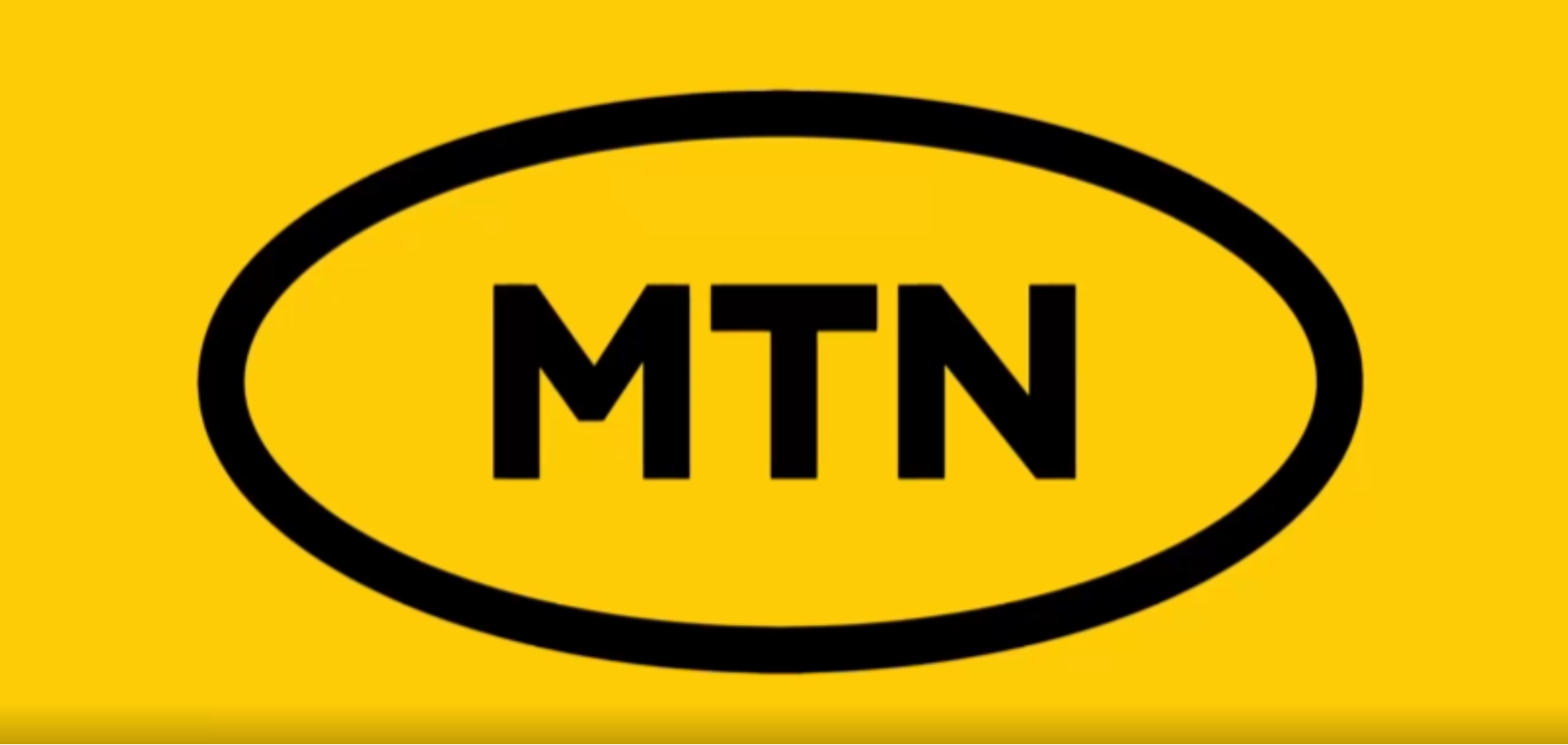There’s been a flurry of recent results from MTN’s African subsidiaries. To help bring you up to speed, I felt it was time for a summary of the key updates.
MTN Nigeria – three months to March 2022
In Nigeria, the business has been impacted by regulatory restrictions on new SIM sales and activations. Mobile subscribers fell by nearly 2% year-on-year as a result of these headwinds. Active data users and fintech subscribers both increased.
Service revenue was 22% higher and EBITDA was 25.7% higher, with a 150bps expansion in EBITDA margin to 54.6%. Profit after tax grew by 31.3%.
With voice revenue up by 5.8% and data revenue up by 54%, it’s clear to see where the growth is coming from.
Capital expenditure (capex) increased sharply by 80.8%, reflecting frontloading of the investment required for data demand and to accelerate the rollout of the 4G network. This put pressure on free cash flows which declined by 17.4%.
The listing in Nigeria has been successful, attracting a large number of retail shareholders onto the register and putting a portion of the company in the hands of Nigerians.
In other good news, MTN Nigeria has been granted final approval for the MoMo Payment Service Bank by the Central Bank of Nigeria. This is key to the overall FinTech strategy in the group.
Although there is some uncertainty around subscriber churn due to the regulatory issues, MTN Nigeria has reiterated its guidance of medium-term service revenue growth of at least 20%.
MTN Group holds approximately 75% in MTN Nigeria.
MTN Ghana – three months to March 2022
MTN Ghana grew service revenue by a brilliant 34.5%, achieved off relatively modest subscriber growth of 8.4% in mobile subscribers and 14.4% in active data subscribers. An increase in voice revenue of 16.9% demonstrates the potential in this market even beyond the obvious growth areas like data.
EBITDA increased by 46.6%, reflecting a significant margin improvement of 490bps to 59.5%. These really are big numbers.
One of the challenges faced by the business has been the implementation of a 1.5% e-levy by government on certain electronic transactions through mobile money and other channels. To reduce the impact of the levy on customers and to remain competitive, MTN Ghana chose to reduce its fees on peer to peer transactions by 25%.
Total capex increased by over 220% as the business invests heavily in its network.
MTN is actively trying to increase local ownership in MTN Ghana, now up to 18.7% thanks to some local pension funds coming onto the register.
MTN Rwanda – three months to March 2022
MTN Group holds an 80% stake in MTN Rwanda, the market leader in that country with market share of 64.6% (up 240bps year-on-year).
The latest quarter reflects strong revenue growth (up 24.5%), driven by 5% growth in mobile subscribers, 26.3% growth in active data users and 12.1% growth in Mobile Money users. It unfortunately reflects even higher growth in expenses, up 33.7% over the same period.
This is negative JAWS (revenue growth below expense growth), so EBITDA margin contracted by 360bps to 47.7%. EBITDA still increased by 15.7% overall.
Due to amortisation of the licence renewal fee and associated finance costs, profit after tax fell by 39.6%. That’s obviously unhappy news for MTN shareholders. With capital expenditure up by 36.9% and the pressure from expense growth, free cash flows fell by 21.3%.
MTN Uganda – three months to March 2022
MTN has a 83.1% stake in MTN Uganda, a business that holds the market leadership position in that country.
Assisted by growth in the subscriber base of 8.5%, service revenue grew by 11% year-on-year in the latest quarter. The far more exciting growth lies in data revenue (up 45%) and Fintech revenue (up 20.7%).
Margins went the right way in this country, although only just. EBITDA margin increased by 40bps to 51.6%. Profit after tax increased by 20.1%.
With significantly higher capex intensity due to frontloading of investments, capex skyrocketed by 280%. The company expects intensity to normalise by the end of the financial year.




